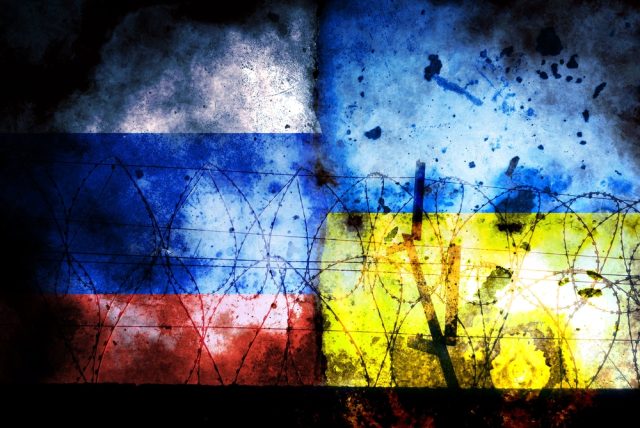
With the style that has accompanied his entire career, first as a businessman and then as a politician, Donald Trump wanted to make the stage his own again on 13 February. He could have waited for his deputy JD Vance’s speech at the Munich Security Conference, scheduled for 14 February, but instead he went ahead and announced direct contacts with Putin and Zelensky, naturally within the topic of the conflict in Ukraine. With Putin, according to what the tycoon told reporters at the White House, there has already been talk of a meeting in Saudi Arabia, and a ‘ceasefire’ on Ukrainian territory could be in sight in the near future. All of this just when the international press, as well as the European chancelleries, were beginning to wonder what happened to the plan announced in the election campaign by Trump to resolve the situation in a few hours. Here come the declarations of intent.
THE TERMS OF THE NEGOTIATIONS
The initial terms of the debate are quite interesting and leave the field open to various analyses. Of course, with an affair as multifaceted as the conflict in Ukraine, analyses of the results of operations and negotiations cannot but be equally complex. One can intentionally start with Trump’s statements regarding Ukraine’s fate within the Atlantic Alliance. According to the Tycoon, in fact, there would be no seat in NATO for Kiev. At least not in the near future. This, as the Ukrainian leader also pointed out, would imply the need for Kiev to set up a military facility (even after the end of the conflict) that would keep the eastern border secure in the same way as NATO forces would do under Article 5. Of course, Ukraine fears that any agreement that can be reached that does not contain stringent military commitments (as probably only NATO membership would do at the moment) would only play into Moscow’s hands. Russia would in fact have time to recover, regroup, and attack Kiev’s territory again, secure now in the knowledge that NATO forces are standing firm and there is substantial impunity.
FUNDS AND RARE EARTH ELEMENTS
A topic of absolute interest would be the request from the USA about the supply of a certain quantity (it would seem between 300 and 500 billion dollars) of rare earth elements. These elements are essential materials for the production of technological apparatus, which to the USA have become one of the irreplaceable assets in the confrontation with the Asian giant. This is what US Treasury Secretary, Scott Bessent, is reportedly focusing on these days, presenting Zelensky with a draft agreement on economic cooperation in exchange for continued material support from the US. For its part, Ukraine has already indicated its substantial readiness to cooperate with the US in the field of resource extraction. The quid pro quo for this exchange is currently unclear. There have been no official notes, although recently the tycoon himself emphasised how the US, compared to the European countries, has assured Kiev the largest slice of aid, amounting to around 300 billion dolp, putin, zelensky, eulars. A quid pro quo, at least for continued support, could therefore be the basis of the agreement imagined by the new US Administration.
EUROPE IN THE BACKGROUND
If on the one hand it is important to analyse how US interests at this juncture have been skewed towards the mineral resources of Ukrainian territory, and how membership of the Atlantic Alliance has been sidelined (again by Washington), on the other hand the role of European chancelleries in this whole scenario remains rather marginal. The European countries have repeatedly stressed the principle that negotiations and agreements cannot be reached without Kiev and the EU, but this seems not to have impressed Trump. In fact, none of the EU member states are currently included in the talks. This is all the more of a problem if one considers the principle – expressed this time by the US – that it will not be NATO that ensures Kiev’s security. The burden of controlling the eastern border could therefore almost certainly fall on the EU countries, without them having been able to make their voices heard.



 Subscribe
Subscribe